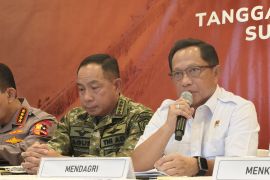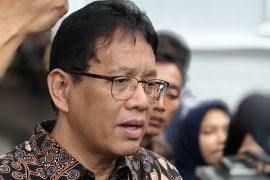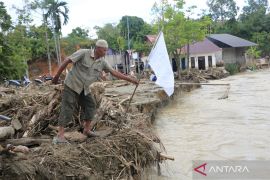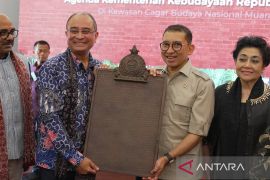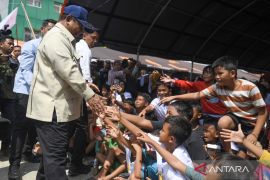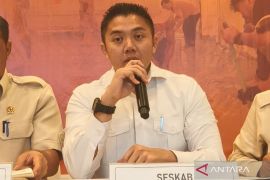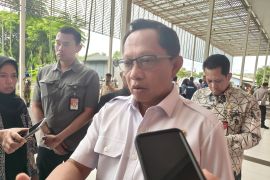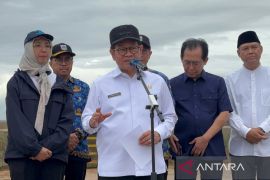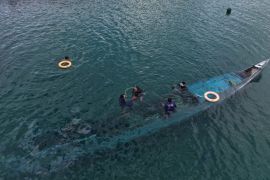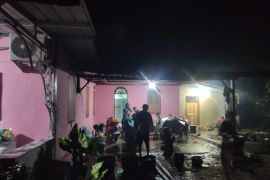Singapore (Antara News) - Indonesia should play a leading role in solving the problem of Myanmars Rohingya minority by integrating the Jakarta Declaration and Bali Process, said Rafendi Djamin, Indonesias Representative to ASEAN Intergovernmental Commission on Human Rights.
"The humanitarian situation, including the stateless status of Rohingya, must be addressed, and their basic human rights must be protected. They must be able to meet their medical needs and have opportunities to work, for instance," Djamin told ASEAN journalists, during a workshop on Reporting on Regional Integration and ASEAN, here on Saturday.
Indonesia, as a co-chair of the Bali Process, together with Australia, has the capability to help solve the Rohingya problem, he said.
Besides, being the most democratic nation and most economically advanced, Indonesia has the responsibility to promote human rights protection in ASEAN, he said.
The escalation of violence against the Rohigya minority in Myanmar is dangerous because if it is not stopped, it could lead to genocide, he stated.
Meanwhile, the Rohingaya issue should receive more coverage by the media because it is not just a problem of Myanmar, but the problem of ASEAN as it has affected Indonesia, Malaysia, and Thailand, among other nations, said Bunn Nagara, a veteran journalist from Malaysia, speaking at the workshop.
Many issues brought before ASEAN have made progress, except for the Rohingya problem, he added.
The two-day workshop was organized by the Asian Media Information and Communication Centre (AMIC), EU Centre in Singapore and Konrad Adenauer Stiftung (KAS).
Some 20 journalists from ten ASEAN member countries - Brunei Darussalam, Indonesia, Malaysia, Cambodia, Thailand, the Philippines, Vietnam, Lao, Myanmar and Singapore - attended the workshop.
ASEAN was established with the signing of the ASEAN Declaration or Bangkok Declaration in Bangkok on August 8, 1967 by the
Founding Fathers of ASEAN: Adam Malik (Indonesia), Tun Abdul
Razak bin Hussein (Malaysia), Narciso Ramos (Philippines), S.
Rajaratnam (Singapore) and Thanat Khoman (Thailand) . (*)
(f001/INE/B003)
Editor: Fardah Assegaf
Copyright © ANTARA 2013

